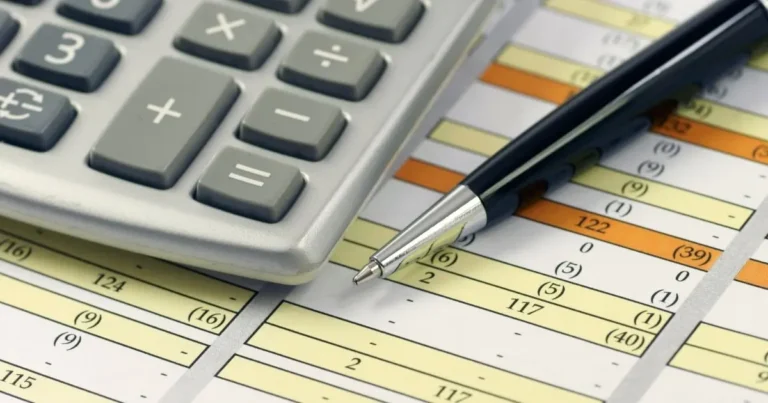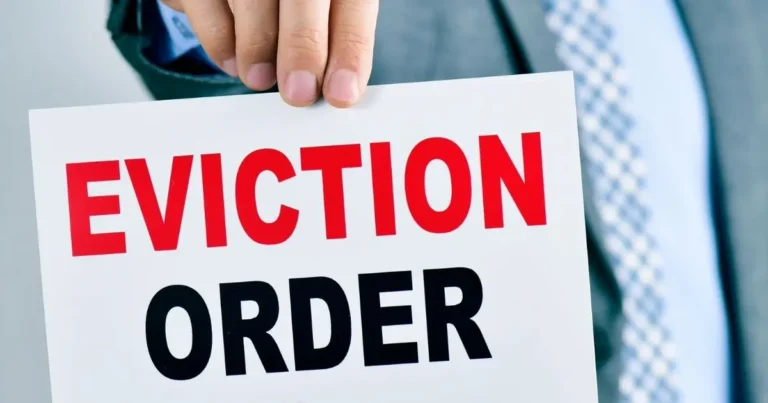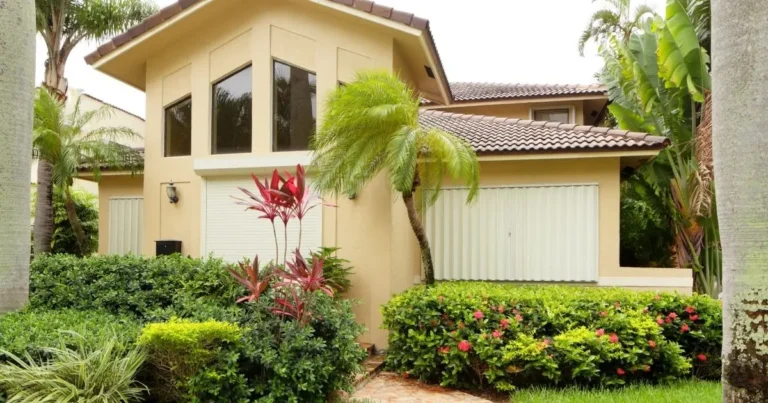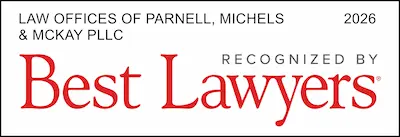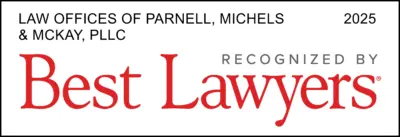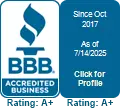Evictions During The COVID-19 State of Emergency~1 min read
The COVID-19 pandemic has created very difficult situations for many people. In the context of landlord/tenant relationships, it has created significant concerns among both landlords and tenants about what their rights are.Before the pandemic and emergency orders, evictions were conducted through the process outlined in RSA 540. While this process is still the law of New Hampshire, it has been modified significantly by Governor Sununu’s emergency orders. The first modification was Emergency Order #4 (found here: https://www.governor.nh.gov/sites/g/files/ehbemt336/files/documents/emergency-order-4.pdf). This provides that any attempt to begin or prosecute eviction actions would likely be deemed a violation of RSA 540-A, New Hampshire’s prohibited practices statute for landlord/tenant relationships. These violations could result in a fine of $1,000, attorney’s fees, and double or treble damages. This was designed to protect those who have lost jobs and cannot afford to pay their rent.Like most rules, there are exceptions. The Governor issued Emergency Order #24 (found here: https://www.governor.nh.gov/sites/g/files/ehbemt336/files/documents/emergency-order-24.pdf), which modified the above emergency order #4. This allowed evictions to proceed where there are lease violations that cause substantial damage, or substantially adversely affect the safety of other persons in the residence. It also allows evictions to proceed where the tenant has abandoned the property.While it is unknown how long the emergency orders will remain in effect, it is important to seek the assistance of a legal professional if you find yourself either facing an eviction, or if you are a landlord with a tenant that has caused distress or is simply not paying rent.
If you need assistance, please contact our legal team at Parnell, Michels & McKay.Our firm blends advocacy oriented practice with effective practical solutions for all our clients in Londonderry, N. Woodstock, and throughout New Hampshire. The attorneys at Parnell, Michels & McKay provide effective representation and counseling to assist our clients facing legal questions. We simplify the process so our clients can understand and are able to participate as partners in the resolution.
Our practice includes personal injury law such as motor vehicle accidents, falls, dog bites, workers compensation, social security disability, and other injuries.
We also practice family law, including divorce, post-divorce, unwed custody and property division, and collaborative divorce, and have extensive experience in bankruptcy, probate, boundary disputes, estate planning, corporate formation and other real estate litigation.




